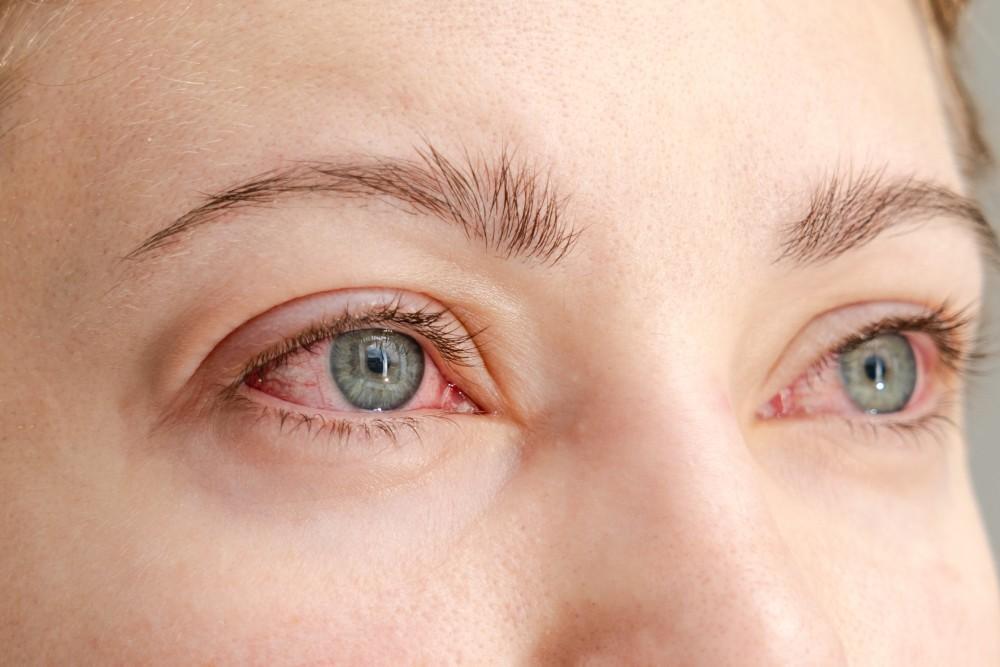
How to Prevent Diabetes-Related Blindness

If you have diabetes, you know that high blood sugar levels can impact nearly every part of your body, from your kidneys to your feet to your eyes. When it comes to your vision, high blood sugar levels can damage the blood vessels in your eyes and contribute to diabetic retinopathy, which affects 7.7 million adults with diabetes. Diabetic retinopathy can lead to other complications, including glaucoma and vitreous hemorrhage.
While our team at Bainbridge Eye Care in the Norwood neighborhood of Bronx, New York City, regularly diagnoses and treats diabetic retinopathy and complications like glaucoma, we believe early detection and proactive measures can prevent or slow down the progression of diabetes-related blindness.
Here are the steps to protect your vision and reduce the risk of diabetic retinopathy.
Schedule regular eye exams
With over 20 years of experience, our dedicated team knows firsthand that regular eye exams are crucial for early detection and treatment of diabetic retinopathy.
Make sure to schedule comprehensive dilated eye exams at least once a year or as recommended by Nicanor Lacsina, O.D., or Yelena Pinkhasova, O.D. These exams allow our team to examine your retina and detect any signs of retinopathy in its early stages, when treatment is most effective.
Manage your blood sugar levels
Maintaining optimal blood sugar levels is essential in preventing diabetes-related complications, including diabetic retinopathy. Follow recommendations of your primary care provider for diabetes management, which may include a combination of a healthy diet, regular exercise, and prescribed medications or insulin. Consistently monitoring your blood sugar levels and working to keep them within a target range can significantly reduce your risk of vision loss.
Manage your blood pressure and cholesterol
Over 66% of people with diabetes also have high blood pressure. High blood pressure, also known as hypertension, increases your risk of strokes, heart attacks, and another type of retinopathy called hypertensive retinopathy.
You can reduce your risk of these complications by monitoring your blood pressure regularly, adopting a healthier diet, exercising regularly, adopting healthier lifestyle habits, and taking prescribed medications to maintain healthy blood pressure and cholesterol levels.
Quit smoking
Smoking, which is detrimental to overall health, significantly increases your risk of diabetic retinopathy and other vision problems. If you smoke, take steps to quit as soon as possible. Seek support from healthcare professionals 一 we’re happy to get you started on your path, attend smoking cessation programs in New York City, or participate in support groups to help you successfully quit smoking. Quitting smoking will benefit your eyes and your overall health.
Adopt healthy lifestyle habits
Adopting a healthy lifestyle can play a significant role in preventing diabetes-related blindness. Try including the following practices as part of your daily routine:
Eat a nutrient-dense diet
Focus on a balanced diet that includes a variety of fresh fruits and vegetables, 100% whole grains, lean proteins and fish, and healthy fats. Focus on foods rich in antioxidants, such as dark leafy greens, blueberries, and citrus fruits, as they promote eye health.
Engage in regular exercise
Regular physical activity can improve blood circulation throughout your body and in your eyes. Set a goal each week for at least five 30-minute workouts. Moderate-intensity aerobic exercises include walking, cycling, jogging, aerobics classes, hiking, and dancing.
Maintain a healthy weight
Obesity and excess weight are risk factors for both diabetes and diabetic retinopathy. Work towards achieving and maintaining a healthy weight through a balanced diet and regular exercise.
Manage chronic stress levels
Chronic stress impacts your overall physical and mental health, and your blood sugar levels are no exception. Find healthy ways to manage high stress levels, such as relaxation techniques, meditation, yoga, deep breathing, or pursuing your favorite hobbies and activities.
Take a stand against diabetes-related blindness
Preventing diabetes-related blindness requires a proactive approach to diabetes management, but it’s within your reach. You can reduce your risk of diabetic retinopathy by scheduling regular eye exams here in our office, controlling your blood sugar, blood pressure, and cholesterol levels, quitting smoking, and making healthy lifestyle choices.
Remember that early detection and timely intervention are essential to preventing vision loss associated with diabetes. If you have diabetes and need to schedule an eye exam, call us at 718-306-9127 or book an appointment online.
You Might Also Enjoy...


5 Signs You Need a New Corrective Lens Prescription

Eye-Friendly Habits You Can Start Today

Vision Changes with Age: What’s Normal, and What’s Cause for Concern?

Understanding How Diabetes Can Diminish Your Ocular Health and Impair Your Vision

